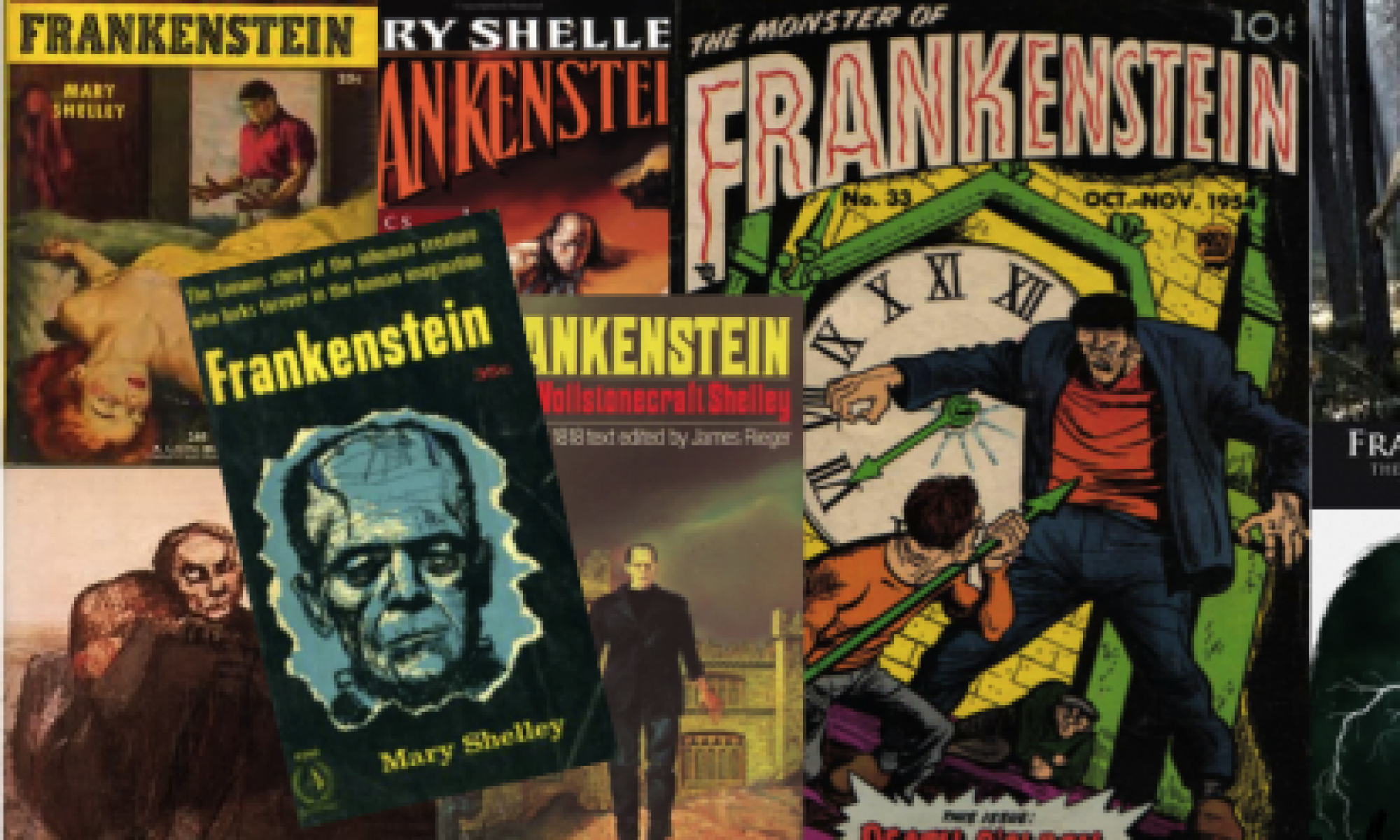Throughout her 1831 novel, Frankenstein, Mary Shelly frequently comments on the importance of family in keeping a person sane and the detrimental effects of either neglecting family or being neglected by family. When Victor Frankenstein first starts telling his story, he comments on how “no youth could have passed more happily than [his}” (21). His parents loved him and he had great companions that were all very supportive of his endeavors. He was free to live his life as he pleased and carve his own path, which was a luxury that most kids were not given. Once he left for school and started to pursue his independent studies, he was so consumed in this work of his that he completely stopped talking to the people who had raised and loved him all those years and played a huge role in making him the person that he is. This eventually led to his downfall as the project that he was so consumed in ended up killing most of the people he loved, both directly and indirectly. This may have been Mary Shelly’s way of warning the reader that it is important to allocate time for family before it is too late. After the completion of his project, Frankenstein finally returned to having contact with his family members, but their happy days were numbered as they started dying one by one at the hands of the creature and Frankenstein frequently fell sick. If Victor had maintained connection with his family throughout his time in Ingolstadt, perhaps he would’ve somehow realized the extent to which his project would be detrimental and could’ve tried to keep the same quality and happiness of his previous life while he was away at school.
In contrast, the creature that Frankenstein created was not given a happy, nourishing environment early on, like his creator had received. He was shunned from the very beginning, which impacted him deeply as he exclaimed to Victor that “you, my creator, detest and spurn me, thy creature, to whom thou art bound by ties only dissoluble by the annihilation of one of us” (68). The creature even tried to create a family with people that weren’t his creator by attempting to be a part of the family that he had been secretly watching for months because he felt a close connection with them, even though they did not feel the same way. Unfortunately, the creature was never able to find a group of people that would accept him as a family member because of his outward appearance.
Although there is a contrast between both their situations, there also exists a similarity between the creature and Frankenstein. They both did not suffer in the same way, but they both felt some type of suffering from not having anyone to openly talk to about what they were going through. Victor neglecting the family he had in order to focus on work, left him very weak and ill. He had to deal with all the guilt he felt for creating the creature internally, which ended up affecting his physical health. On the other hand, the creature’s lack of companionship and inability to relate to anybody else, led to him taking out his anger with violent measures.
Mary Shelly understood the importance of family since much of her family life was marked with death. Her mother died giving birth to Mary and Mary’s first child died a few days after her birth. Also, two of her extended family members and her husband died later on in her life. Because Mary Shelly did not get enough time to spend with her family before their passing away, she uses Victor Frankenstein and his creation as a way to highlight the importance of maintaining healthy relationships with family members.
